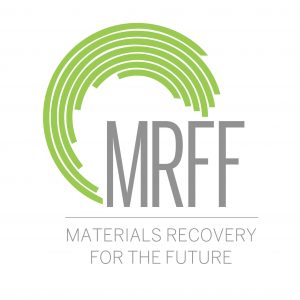Online Chemical Hazard Safety Training
FCRI is pleased to offer a free online training course on the safe use of perchloroethylene-containing products in the automotive industries. Perchloroethylene is commonly found in products like brake cleaners and engine degreasers. This training is suitable for employees, employers, and DIYers.


